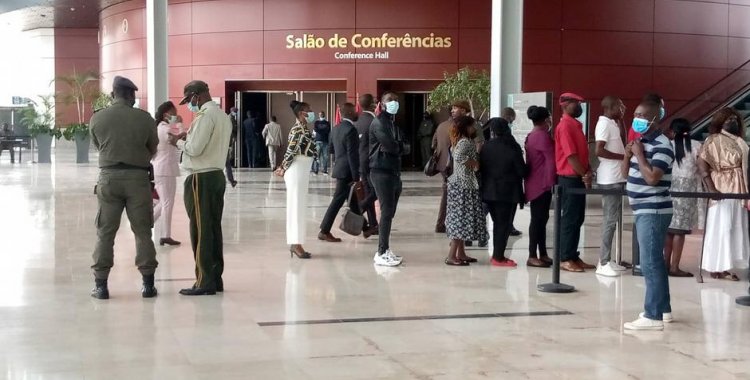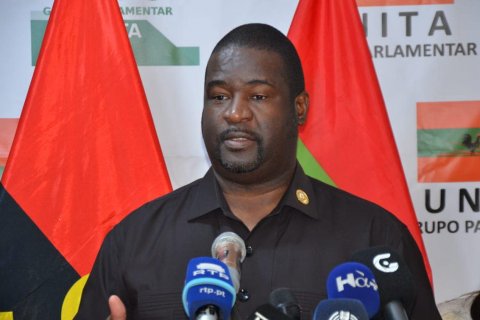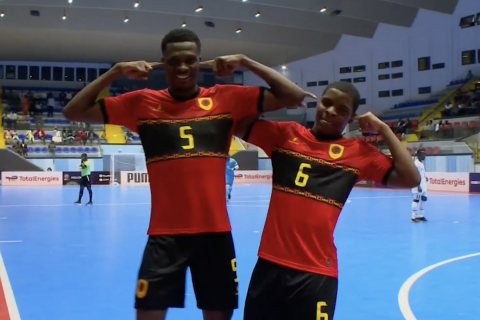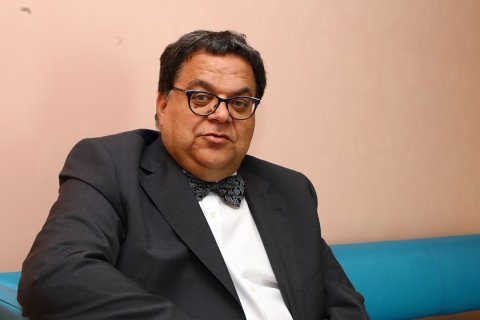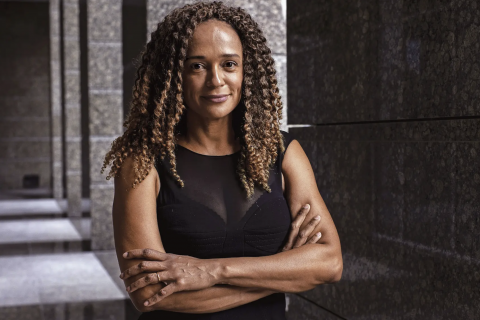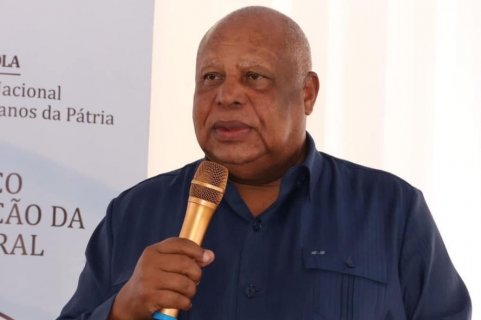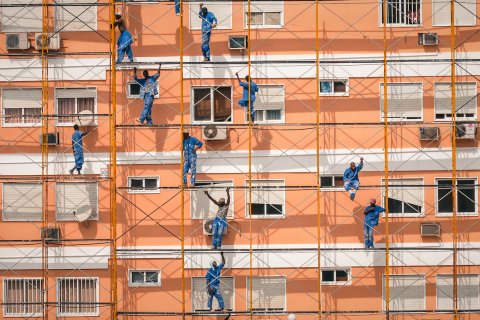According to Manuel Correia, one of the 49 defendants in the Lussati case, who was speaking during interrogation, the amount, remaining from the salaries of the UGP staff in that province, was also handed over, in Luanda, to co-defendant Edmundo Tchitangufina in an alternate manner.
Pedro Lussati and Edmundo Tchitangufina, a fugitive defendant, explained the colonel, received the amounts "monthly by official guidance from General Hélder Vieira Dias "Kopelipa", former Minister of State and head of the President's Security House, in the José Eduardo dos Santos era.
The officer questioned this Friday, in court, assumed that after paying the salaries of the local staff, in cash, the UGP in Cuando-Cubango "was left with a lot of money", which was kept in his residence, "which had better security conditions in relation to the unit", and then they were transferred by land, in Luanda, stored in three or four suitcases.
"The surplus value returned to Luanda, in suitcases by means of vehicles, and the process was like this every month whose value was around more than 22 million kwanzas", said the official of the Angolan Armed Forces (FAA).
He explained that the unit's staff were paid in person and that the rest who did not show up or sign the payroll "were the low-visibility personnel", who gave rise to the salary surplus.
Manuel Correia also said that Generals Eusébio de Brito and António Mateus Júnior de Carvalho "Dilangue" were the other beneficiaries of the surplus salary of the UGP of Cuando-Cubango, whose bags of money were delivered to the generals at gas stations, in restaurants or in places indicated by them, in Luanda.
Generals Eusébio de Brito and "Dilangue", he explained, took orders from General "Kopelipa".
Regarding the destination of the salaries of defectors and dead at the unit level, the ex-commander said that the unit had the registration of 200 deceased, whose salaries were delivered to their families, denying embezzlement of the amount.
This co-accused in the media Lussati case also said, in court, that his action was based on strict compliance with superior orders, saying that "a superior order, with or without a document, was to be carried out".
Asked by the presiding judge, Andrade da Silva, about what the military academy taught regarding the fulfillment of an order, Colonel Manuel Correia replied: "It is not denying what the hierarchical superior orders".
During his interrogation, the FAA senior officer, who also headed the Cuando-Cubango Road Transport Battalion and the local UGP Demining Unit, also stated that some officers, under his control, "carried out political mobilization activities in favor of the MPLA party", in power.
The "Road Transport Battalion was divided into a group of mobilizers and within this group there were also mobilizers of MPLA militants, because afterwards the main work of the unit was ineffective", he stressed.
The group of effective mobilisers, which he considered political activists, "worked in the municipalities and communes of the province of Cuando-Cubango, southern Angola, in activity in favor of the MPLA (Popular Movement for the Liberation of Angola).
Manuel Correia denied that he paid salaries to the staff of the 6th and 8th battalions, saying that he "never had contact with the personnel of the aforementioned battalions".
He confirmed the existence of relatives of staff from the UGP of Cuando-Cubango on the unit's payroll and stated that "this enlistment was external and based on political work".
In his presentation, the official co-defendant of the FAA also made it known that there were employees of the Banco de Poupança e Crédito (BPC), nurses and government officials from the Cuando-Cubango province included in the PMU's payroll.
"These, in a total of 104 people with double effectiveness, were included in the payroll because the recruitment was done outside the unit, through political activists, and they made the list", he said.
"I only realized that they were bank workers because of the dissatisfaction of some of the unit's staff, so I had to carry out a physical inspection and only then were they removed (from the payroll)", he justified.
Asked if he also benefited from the surplus of the unit's salary, Colonel Manuel Correia denied, considering that his assets, including vehicles, hotels, farm, bar, service station, fuel pump and others, were acquired as a result of his entrepreneurship and that had to justify the origin of the goods.
The prosecution states that the colonel's assets "is incongruous and that with the salary he earns he would not be able to acquire those goods".
The Lussati case, in which 49 defendants are listed, has as its visible face Major Pedro Lussati, assigned to the Military House of the Presidency of the Republic, considered the leader of the group, detained in possession of millions of dollars, euros and kwanzas stored in suitcases, crates and in several vehicles.
Pedro Lussati's lawyer, reacting to Colonel Manuel Correia's intervention, posed a series of questions to the co-defendant, but the officer refused to answer most of them.
Francisco Muteka even asked the court for a confrontation between Manuel Correia and Pedro Lussati, but the judge rejected his request.
More than 200 deponents are involved in this mega process whose trial hearings, under the supervision of the Luanda District Court, take place at the Talatona Convention Center.
The defendants, including FAA officers and civilians, are indicted for crimes of embezzlement, criminal association, undue receipt of advantage, economic participation in business, abuse of power, fraud in the transport or transfer of currency abroad, illicit introduction of foreign currency in the country, illegal currency trade, prohibition of cash payments, withholding of currency, forgery of documents, money laundering and assuming false identity.

